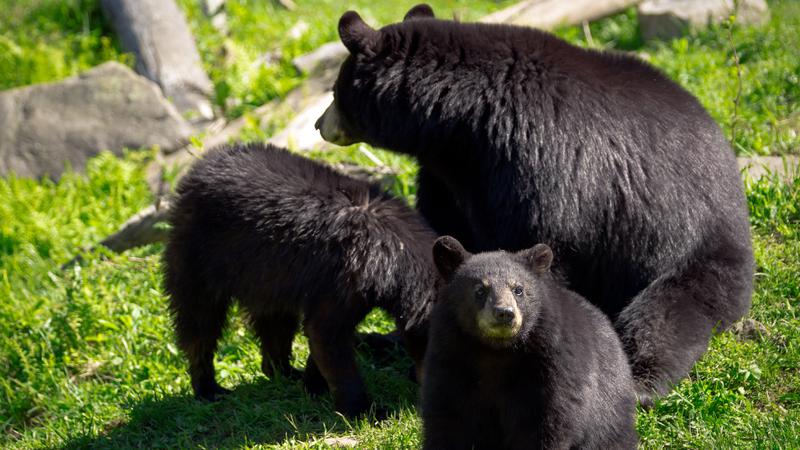
Province reminding residents to avoid bears this spring
As the snow melts in March and April, conservation officers in Saskatchewan are warning residents to be aware that it’s bear season.
Over the next few weeks, the large four-legged animals will be awakening from hibernation and begin their annual quest to eat as much as possible. Matthew Tokaruk, black bear biologist with the Ministry of Environment in Saskatchewan, said for everyone out at cabins or campsites, keeping yards and properties safe is the most important thing they can do to prevent possible interactions with bears.
“Whether that’s garbage, bird feeders, your dog’s dish left on the deck, or the grease on your BBQ, bears are driven by their stomachs,” he said. “It’s life or death for them to eat enough calories throughout the summer, that’s what they need to make it into hibernation safely and successfully, so if we remove those attractants, that plays a huge role.”
Tokaruk said in addition to the immediate danger of attracting a bear to your site of residence, it can encourage them to become more familiar with a spot they would otherwise not pass through. Hence, removing anything edible that can leave a scent that’s attractive to bears is critical.


